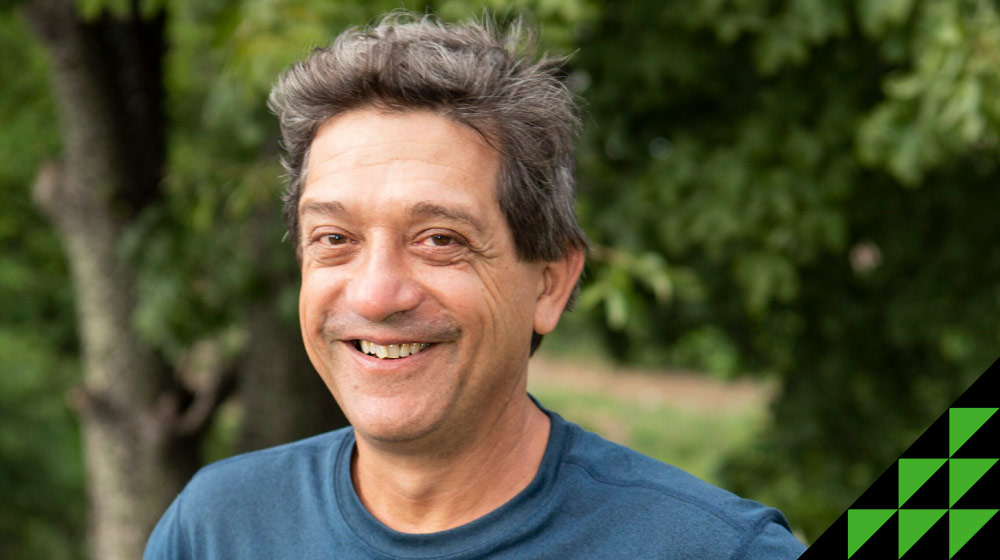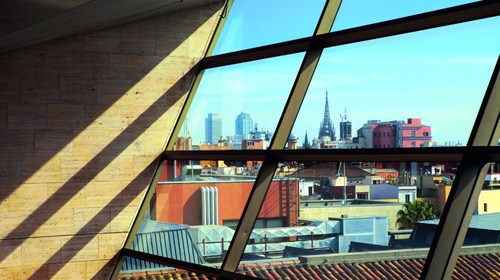Talks for secondary school students
Archaeology of the Jungle
A Morning with Eduardo Neves
Education
Free with pre-booking
Eduardo Neves, the archaeologist of reference in the study of the Amazon jungle, overturns the false conception of “virgin forest” and shows how Amazonia today is the product of thousands of years of indigenous occupation.
The Amazon rainforest has been densely populated for millennia. It is estimated that between eight and ten million people lived there as long as 8,000 years ago. Its people have not only contributed to its conservation; they have also generated and shaped its forests using management practices acquired over centuries. Despite this, the idea of the jungle as a “virgin” territory, uninhabited and unmodified by human action, continues to prevail in our imaginary. This conception is rooted in centuries of colonialism during which the history of the indigenous peoples and their ways of life has been belittled and rendered invisible in efforts to justify successive attempts to appropriate and exploit the jungle.
Brazilian archaeologist Eduardo Neves has dedicated the last 30 years to studying the past of the Amazon jungle. Based on different archaeological and bioarchaeological findings in the region, Neves takes apart the myth of original, intact, unexplorable nature to show how the jungle is the product of forms of occupation that have since ancient times been intimately related with the landscape.
The session has a pedagogical dossier (in Catalan) so that the students can work on the contents beforehand in the classroom and thus make the most out of the lecture.
This conversation counts with the support of project MAPSHA from the UPF.
Moderators: Miquel Missé
Participants: Eduardo Neves
This activity is part of Amazons, Talks for secondary school students
Related contents
Archaeology of the Jungle
A Morning with Eduardo Neves
Eduardo Neves, the archaeologist of reference in the study of the Amazon jungle, overturns the false conception of “virgin forest” and shows how Amazonia today is the product of thousands of years of indigenous occupation. The session has a pedagogical dossier (in ...









